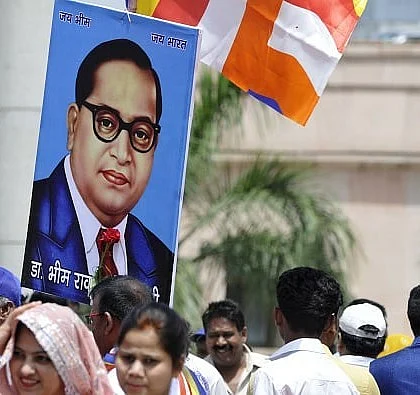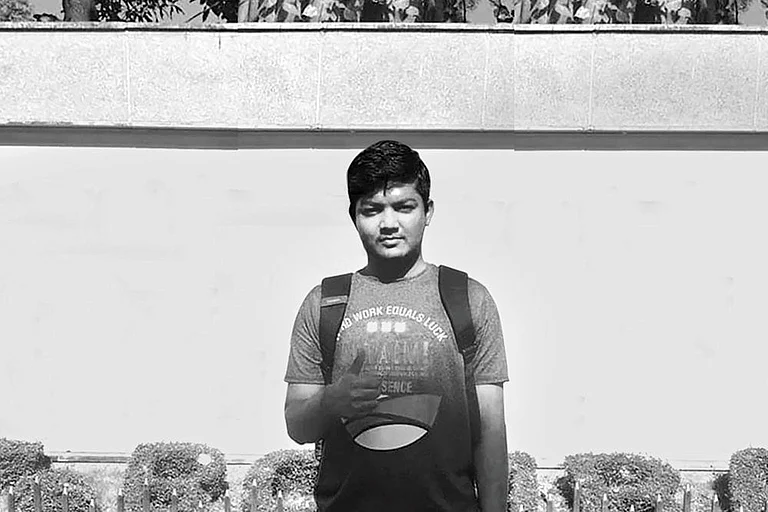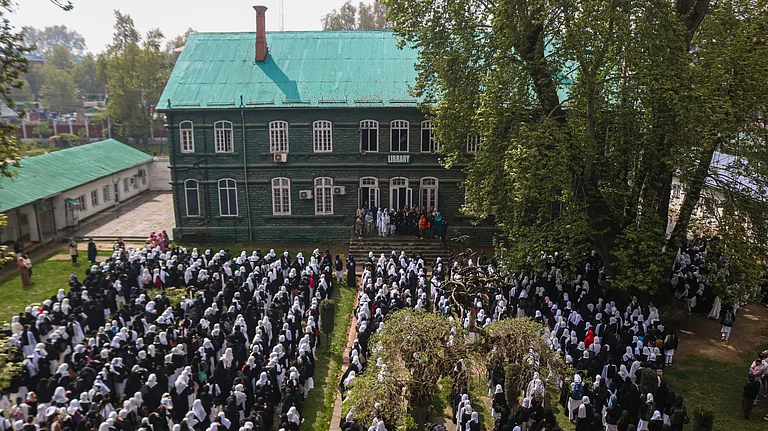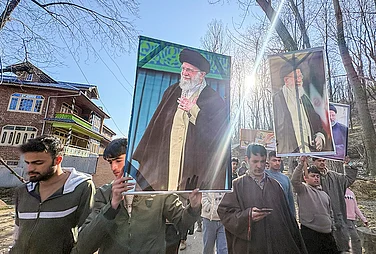Ten Dalit professors at Bangalore University have resigned from their additional administrative responsibilities, citing caste-based discrimination in the assignment of roles and denial of associated benefits. In a joint letter addressed to the Registrar (Administration), the faculty members expressed dissatisfaction over being designated merely as “in-charge” officers, a status they argue reduces their authority and excludes them from entitled benefits like earned leave.
Among the signatories are Prof. C. Somashekar (Director, Ambedkar Research Centre), Prof. Nagesh P.C. (Director, Student Welfare), Prof. Sudesh V. (Coordinator, PM-USHA), and Prof. Muralidhar B.L. (Director, Distance and Online Education Centre). They stated that while they had previously handled full administrative responsibilities alongside their academic duties, their current titles as “in-charge” officials appear to be a deliberate move to restrict their influence and withhold entitlements.
The letter notes that despite raising the issue with university authorities on multiple occasions, there was no response. “While giving additional administrative responsibilities, it is just mentioned as ‘in-charge’, and there is also an attempt to avoid crediting our earned leaves,” the professors wrote. In light of the university's inaction, they collectively decided to step down from their additional roles.
The resignations have brought renewed attention to concerns of systemic caste-based discrimination in Indian higher education institutions. Faculty members and observers have pointed to patterns of exclusion and a lack of institutional accountability when it comes to addressing complaints from Dalit staff.
This incident is not isolated. In 2020, Dr. Ritu Singh, a Dalit assistant professor at Delhi University’s Daulat Ram College, alleged caste-based harassment and protested her termination for nearly 200 days. In 2021, Vipin P. Veetil, a Dalit postdoctoral fellow at the Indian Institute of Management-Madras, resigned citing similar reasons. Most recently, in 2024, an investigation by the Directorate of Civil Rights Enforcement confirmed caste-based discrimination against a Dalit associate professor at IIM Bangalore, involving denial of opportunities and public caste disclosure.
These cases have raised broader concerns about the effectiveness of anti-discrimination mechanisms in academic institutions and the need for clearer, enforceable guidelines to ensure equity in administrative practices.




























